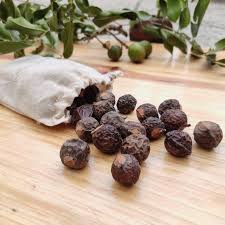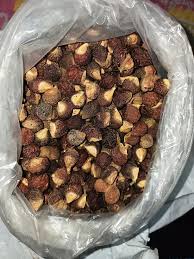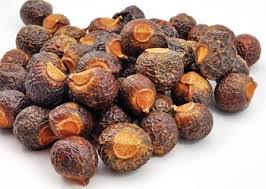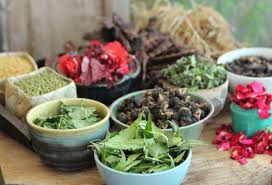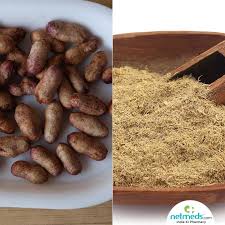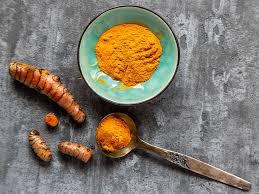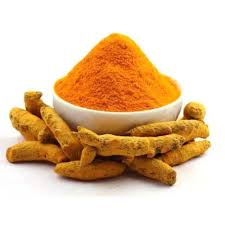The Spiritual Significance of Jadi Buti in Hindu Culture
Since ancient times, Hindu culture has recognized the divine power of nature, and jadi buti (medicinal herbs) hold a sacred place in spiritual and religious practices. These holy herbs are not just used for their medicinal benefits but also for rituals, Ayurvedic healing, and spiritual awakening. From the sacred Tulsi plant to the mystical Sandalwood, these herbs are deeply woven into Hindu traditions, Vedic texts, and temple rituals. In this article, we explore how jadi buti plays a crucial role in Hinduism, fostering purity, healing, and divine connection.
Long Description:
1. The Importance of Jadi Buti in Hindu Spirituality
- In Hinduism, nature is regarded as divine energy, and plants are considered sacred manifestations of gods.
- Jadi buti are often used in pujas, yajnas, and temple ceremonies to purify the surroundings and invoke positive vibrations.
- Ancient texts like the Rig Veda and Ayurveda mention various spiritual and healing properties of these herbs.
2. Sacred Herbs and Their Spiritual Significance
a) Tulsi (Holy Basil) – The Queen of Herbs
- Tulsi is worshipped as Goddess Lakshmi and is a symbol of purity and devotion.
- It is believed to purify the aura, ward off negative energy, and enhance spiritual consciousness.
- Tulsi leaves are used in prayers, temple offerings, and Ayurvedic medicine for immunity and mental clarity.
b) Sandalwood (Chandan) – The Fragrance of Divinity
- Sandalwood paste is applied on the forehead (Ajna Chakra) to enhance focus and meditation.
- It is used in temples, religious rituals, and incense sticks for its calming properties.
- The fragrance of sandalwood elevates spiritual energy and promotes deep meditation.
c) Rudraksha – The Tears of Lord Shiva
- Rudraksha beads, derived from a sacred tree, are used in Hindu prayers and meditation.
- They are believed to absorb negative energy and increase spiritual consciousness.
- Wearing a Rudraksha mala helps in calming the mind and connecting with divine energies.
d) Kesar (Saffron) – The Sacred Offering
- Saffron is used in temple offerings and religious ceremonies for its divine aroma and purifying properties.
- It is also mixed in milk and consumed for strength, vitality, and spiritual enlightenment.
e) Bel Patra (Bael Leaves) – The Favorite of Lord Shiva
- Trifoliate Bel leaves represent Lord Shiva and are offered in Shiva temples for blessings.
- They have cooling properties and are also used in Ayurvedic detox treatments.
f) Ashwagandha – The Root of Vitality
- Considered a divine herb, Ashwagandha calms the mind, reduces stress, and enhances spiritual endurance.
- It is often used by yogis and sages to maintain mental clarity and physical strength.
3. Jadi Buti in Hindu Rituals and Festivals
- Navratri & Diwali: Tulsi puja is performed to seek divine blessings.
- Maha Shivaratri: Bel Patra and Rudraksha are offered to Lord Shiva.
- Holika Dahan: Herbal powders like sandalwood are used in purification rituals.
- Ayurvedic Yajnas: Burning jadi buti in sacred fire purifies the environment.
4. The Ayurvedic Connection: Healing Through Sacred Herbs
- Many of these herbs are used in Ayurveda for healing and rejuvenation.
- Herbs like Tulsi, Ashwagandha, and Sandalwood help in mental clarity, stress relief, and energy balance.
- They act as natural remedies for improving concentration and spiritual awareness.
5. Jadi Buti and Chakra Healing
- Sandalwood is associated with the Ajna (third eye) chakra for deep intuition.
- Tulsi and Rudraksha activate the Heart chakra, enhancing devotion and love.
- Ashwagandha strengthens the Root chakra, providing stability and grounding.
6. Conclusion: Embracing the Spiritual Power of Jadi Buti
Jadi buti are not just ordinary herbs; they are spiritually powerful elements that connect us to divine energy. Their presence in Hindu rituals, Ayurvedic medicine, and meditation practices highlights their profound influence on physical, mental, and spiritual well-being. By incorporating these sacred herbs into daily life, one can achieve harmony, purification, and a deeper connection with the universe.


